Policing culture
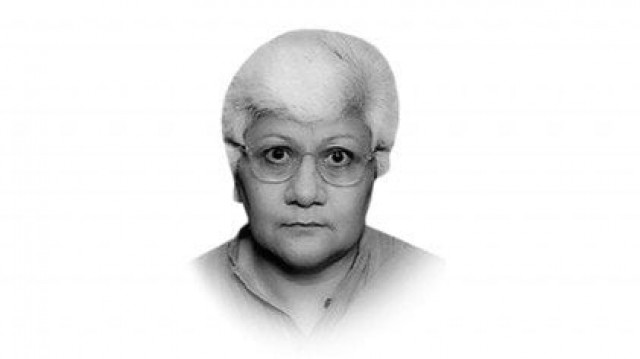
Cultural policy – in other words the policing of culture – is a phenomenon associated much more with fascist and dictatorial regimes than a democratic dispensation. In an open, non-fascist democracy a multiplicity of voices, beliefs, ideas and thought is not just allowed but encouraged. Dictatorships, like that of General Zia, found all forms of art, theatre, music, dance and cultural expression a threat to the moral fiber of society. Music, dance and drama were banned in girls’ schools and Sheema Kirmani and Naheed Siddiqui were banned from performing in public spaces.
While aesthetically and morally uplifting forms of artistic expression was banned, burlesque, and vulgar dance performances flourished in Lahore’s cheap commercial theatre. Ajoka was born in the midst of the most suffocating social, cultural and moral repression of the era of General Zia when the government sought to regulate the minutiae of everyday life from dress, food and personal habits to dance, drama, song, music and poetry.
Ajoka arose as a challenge to the imposition of a singular and monolithic official morality upon a diverse society where music, dance and theatre are part of the cultural tradition for centuries. The luddi, kiklee, jhoomer, bhangra, garwa, dhamal and khattak are some of the traditional dances of various parts of Pakistan. Similarly, folk poetry by Bulleh Shah, Shah Hussain, Ghulam Fareed, Khushal Khan Khattak, Sachal Sarmast and Shah Abdul Lateef Bhitai has been sung and enjoyed by people across the length and breadth of the country. These are the myriad traditions that Ajoka sought to reclaim and bring to the fore against the oppressive and dogmatic version of religion that was recognised and imposed by the state.
Since its inception in 1984, Ajoka has struggled to create an alternative voice through the visual medium — a universal medium understood by all. Ajoka speaks in the people’s vocabulary and uses their own idiom in highlighting social issues, in particular the hegemonic dominance of a bland version of Wahabism. Through plays such as Dhee Rani, Bari and Sharam di Gal, Ajoka highlighted the plight of poor women stifled in their homes and deprived of life choices, and those imprisoned in jails through a penal system based on a distorted version of Islam. Through plays such as Bullah, Ajoka portrayed the deep-rooted tolerance and inter-faith harmony in the local cultural tradition. And through plays such as Hotel Mohenjodaro Ajoka depicted the inherent danger of sectarianism and its devastatingly divisive and violent role in society. Burqavaganza is another play that uses the veil as a metaphor to depict the hypocrisy of a society steeped in double standards. It shows the hidden underbelly of a decayed and putrid moral discourse stemming from decadent values where the quest for a higher self has given way to mindless ritualism. This form of cultural representation is indispensable in the fight against extremism and terrorism in which the country is currently embroiled.
One wonders what authority the PNCA, the Senate Standing Committee on Culture and the ministry of culture have to decide which religious or cultural traditions are to be upheld and which ones to be denigrated. How can they be the judge of morality or the quality of plays? This is the prerogative of audiences who will shun plays that do not resonate with their aspirations. Bureaucrats are hardly entitled to arrogate to themselves the right to judge ‘good’ and ‘bad’ plays and the authority to rule upon morality. It is high time that art, culture, theatre and music be given their rightful place in society and precious cultural vehicles like Ajoka and the Rafi Peer Theatre Group protected against militant threats.
Published in the Express Tribune, May 26th, 2010.

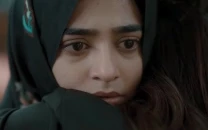
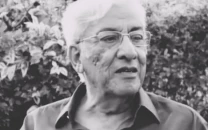
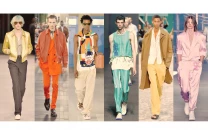

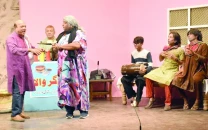
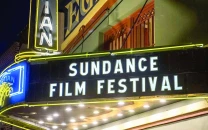











COMMENTS
Comments are moderated and generally will be posted if they are on-topic and not abusive.
For more information, please see our Comments FAQ